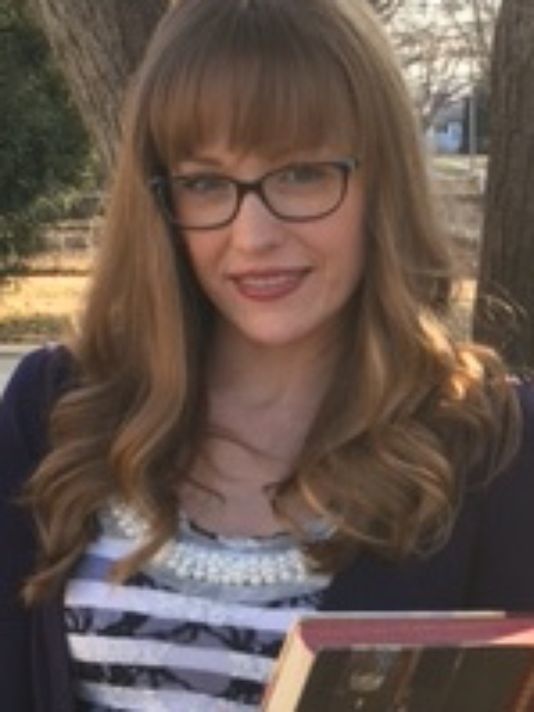
(Photo: Special to the Press-Citizen)
On the morning of Jan. 11, I woke early, poured myself a cup of coffee and sat down to reflect. It was an important day, one that had the potential to significantly impact my scholarship and teaching. I wanted to get it right.
I was about to join the ranks of nearly 200 other graduate students who, over the last ten years, had participated in the Obermann Graduate Institute on Engagement and the Academy. Their engagement work — which ranges from collaborating with incarcerated Iowans to creating public art to coordinating disaster relief — both excited and intimidated me as I thought about my own project.
That morning, I wrote in my journal, inquiring about the week to come: What does publicly engaged work look like? Will I be able to make my research and teaching matter? And, most importantly: How do I "do" public engagement?
I began the Institute with more questions than answers. However, the week’s events — which included informal conversations, two round-table panels, a trip to FilmScene, and a series of mini-presentations by UI faculty and community partners — taught me that public engagement takes disparate and innovative forms and that there is no single way to “do” public engagement; rather, there are multiple ways of doing, knowing, and being a publicly engaged scholar, teacher, and collaborator.
One of the benefits of the Graduate Institute is that, in addition to talking about public engagement, we do it. This year’s Institute participants collaborated with a community partner to creatively develop a community space.
We visited the Johnson County Poor Farm, a 160-acre plot of land at the edge of Iowa City that has been historically used to care for the poor and mentally ill and which is now under the jurisdiction of Johnson County and the Board of Supervisors. We explored the physical space, discussed potential development with community partners, and imagined future possibilities.
The week culminated with a presentation to a representative of the board featuring some of our ideas, such as curated museum exhibits, farming cooperatives, creative housing options and even a butterfly sanctuary. Although hypothetical, this exercise in interdisciplinary collaboration demonstrated that public engagement can and should be creative and scholarly, encompass varied ranges of knowledge and involve diverse publics.
From March 3-4, we will observe the 10-year anniversary of the Graduate Institute on Engagement and the Academy. To celebrate, the Obermann Center is hosting “Taking it to the Streets,” a symposium that includes roundtables by former alumni of the program, workshops, and an exhibit at Old Capitol Museum.
Two visiting speakers will provide examples of engagement work being done at other institutions: Adam Bush, Provost of College Unbound, runs a program that helps the recently incarcerated and others to complete college degrees, and Jennifer Scott, director of the Jane-Addams Hull-House Museum, is dedicated to the ways museums can be at the crossroads of art, activism, and community issues. Additionally, you can hear from participants at the next WorldCanvass program, "Taking it to the Streets: Engagement and the Academy," which begins at 5 p.m. on March 1 at FilmScene. Both of these programs are free and open to the public.
I invite you to take part in the Obermann symposium, as well as the WorldCanvass discussion, as a means to — in the words of Ken Brown, Associate Dean of the Tippie College of Business and former Graduate Institute co-director — “…imagine the best of what universities can be.”
The Obermann Graduate Institute helped me to not only imagine but to enact possibilities, and I look forward to “Taking it to the Streets” as another opportunity to “do” public engagement.
Heidi Renée Aijala is a doctoral candidate in English and Obermann fellow at the University of Iowa.